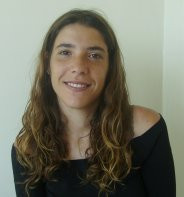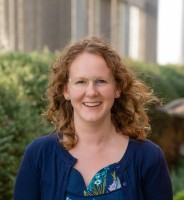Natural Catastrophes
Sustainable Living & City
Societal Challenges
Earthquakes & Seismic Hazards
Urban
Urban Planning
Social Justice & Equity
Ph.D
Italy
2010.09.30
Catastrophe, emergency and social mobilization: an ethnography of post-disaster in Haiti
In particular, the daily interaction of these humanitarian actions with local reality and the context of emergency have produced a laboratory of experiences which are connected, at various levels, to the housing crisis issue that Giovanna Salome aims to investigate.
Starting from this premise, Salome decided to conduct an anthropological survey to explore the logic and practices that accompany the housing crisis caused by the earthquake in the urban context of Port-au-Prince. She aims to explore, in particular, how inhabitants have coped with the housing crisis and to examine the different social actors engaged in the reconstruction process.
As part of her research, Salome is analyzing accounts given by beneficiaries of the humanitarian projects, relating to resettlement. Her analysis focuses on the needs, representations and spontaneous practices of the population. Salome will then reflect on the encounter between the assistance provided by international organizations and the informal reconstruction process followed by the population.
Her findings will contribute to our understanding of the mechanisms of social reactions to disasters and violent crisis. Identifying the factors that influence local social response to catastrophes may help define and design future aid programs. It could also be helpful for staging humanitarian operations based on the specific needs and behaviors of local populations.
IN SEARCH OF A PLACE TO STAY: FACING THE HOUSING CRISIS IN HAITI
To add or modify information on this page, please contact us at the following address: community.research@axa.com

Giovanna
SALOME
Institution
Università degli Studi di Messina
Country
Italy
Nationality
Italian
Related articles
Sustainable Living & City
Climate Change
Climate Adaptation & Resilience
Urban Planning
Resilient Infrastructure & Safety
Environmental Justice
Post-Doctoral Fellowship
Australia
2023.06.20
Indicators for Climate Resilient City Planning
Expected start date:June-2023 Cities contribute enormously to global greenhouse emissions and are key drivers of climate change. By the same... Read more

Melanie
LOWE

